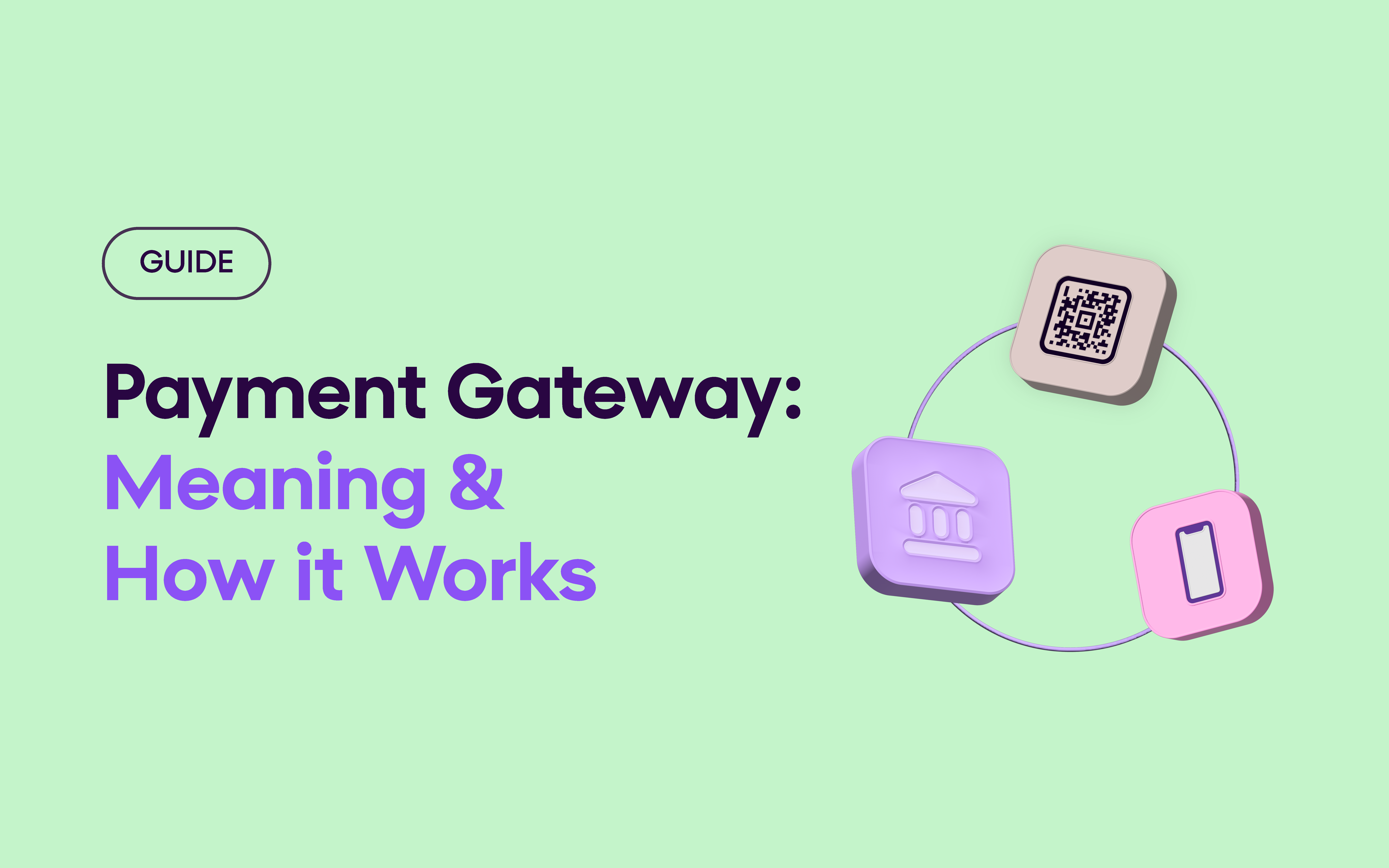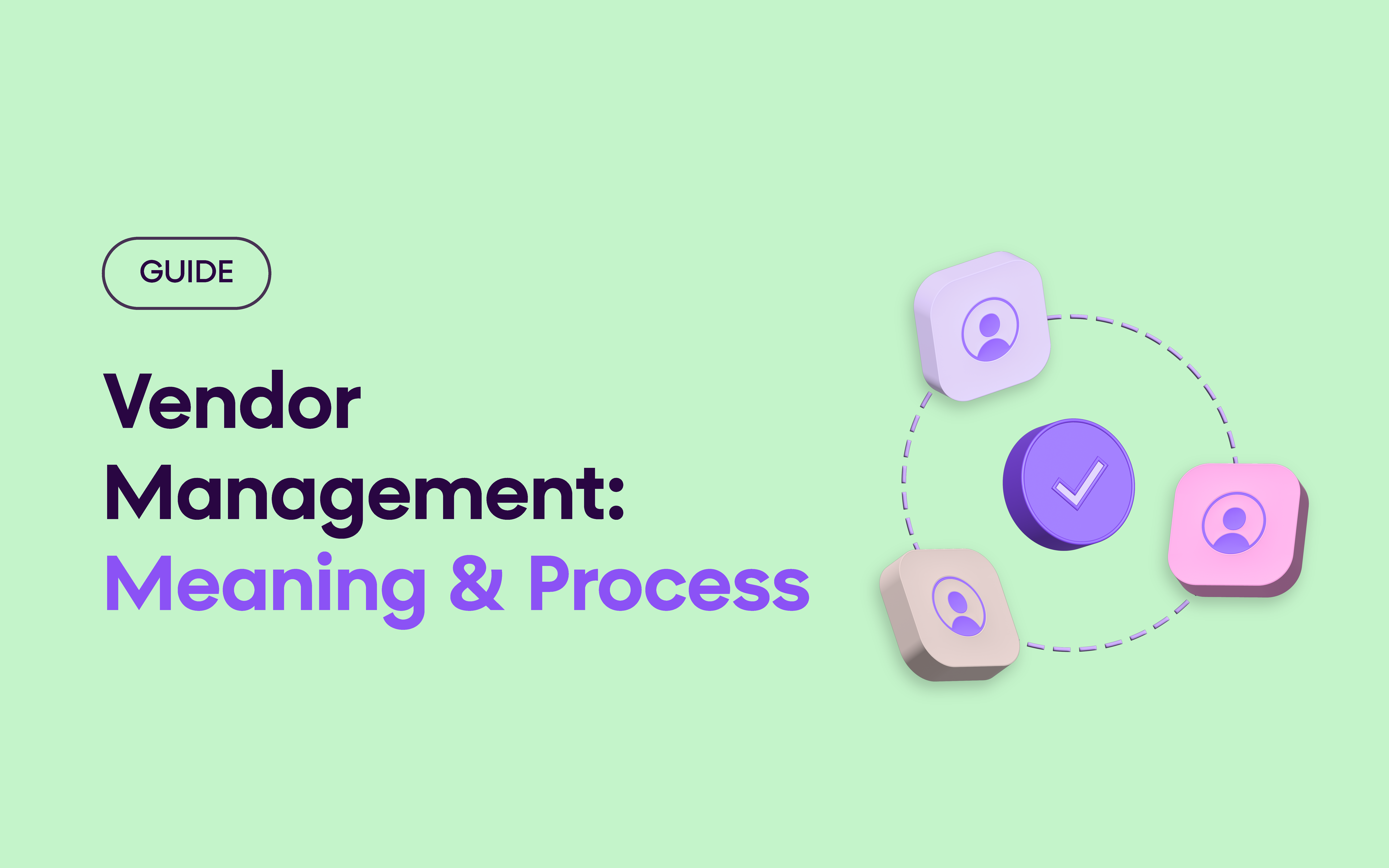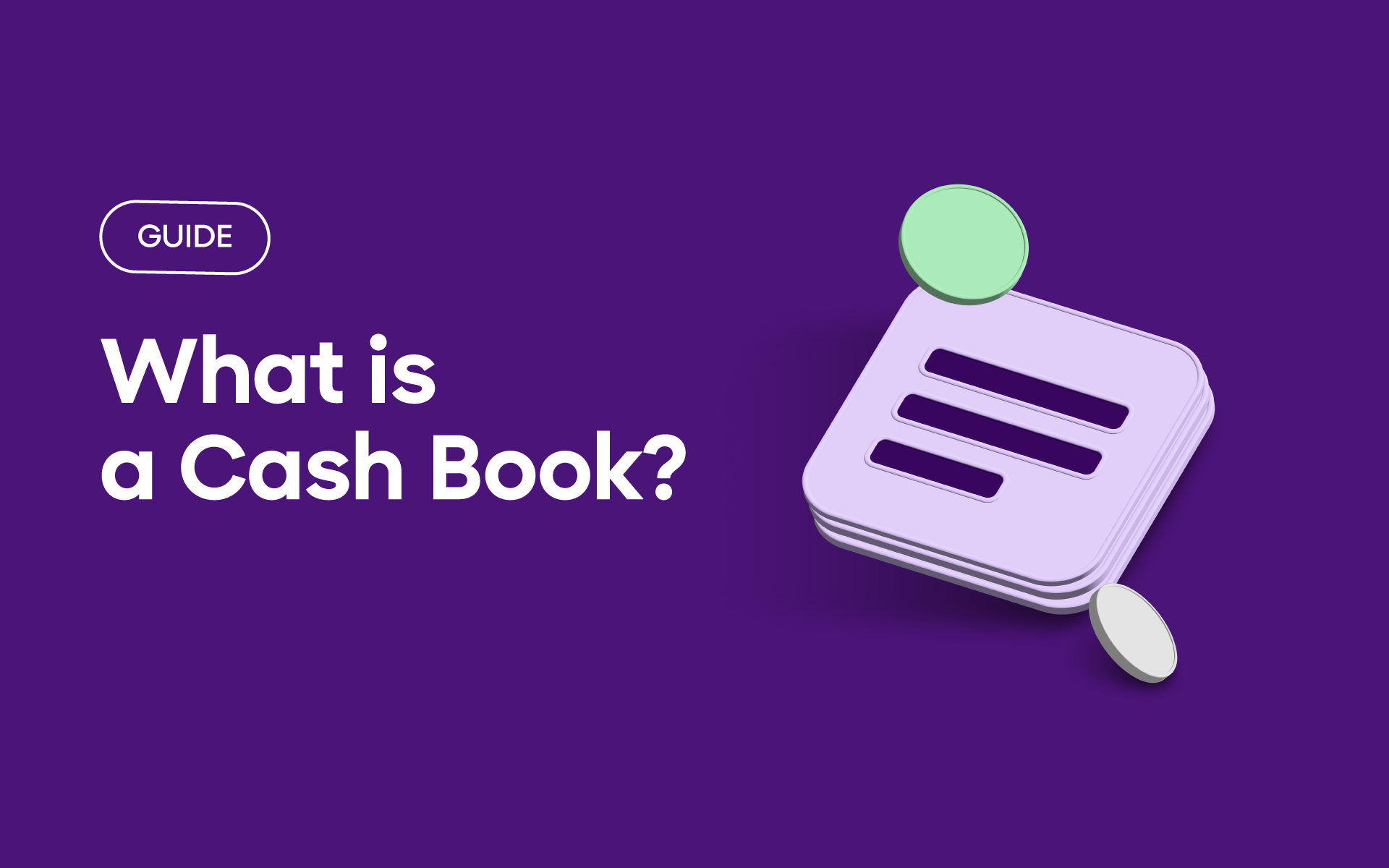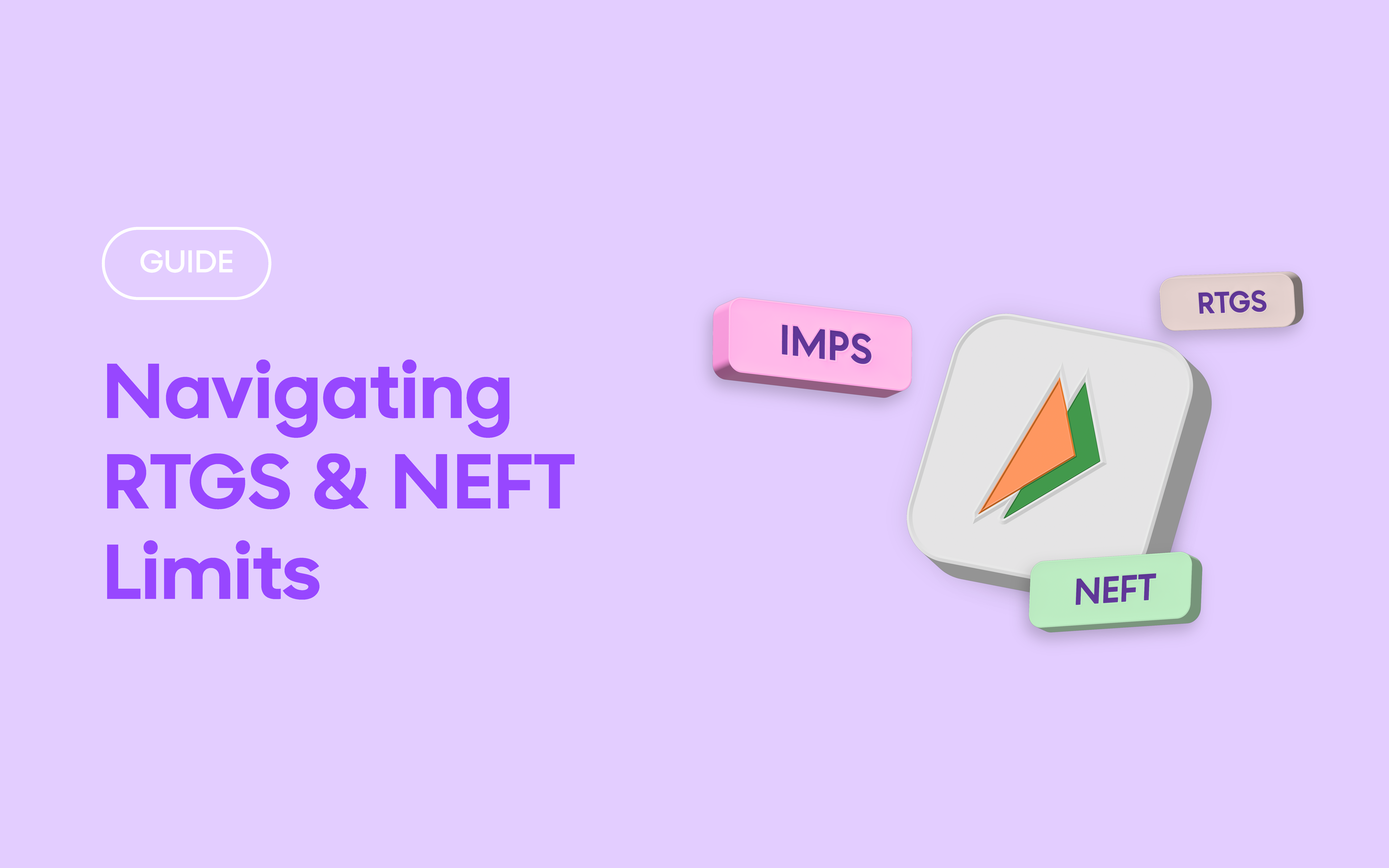Every day, millions of us tap, swipe, and click our way through purchases without a second thought. Whether you’re shopping online or subscribing to streaming services, digital payments have become as natural as using cash once was. Behind every smooth transaction is a powerful system called a payment gateway, quietly working to keep your financial information safe and secure.
While most of us don’t think twice about tapping our cards or clicking “buy now,” these payment systems are the backbone of modern commerce, processing countless transactions every second and protecting our money along the way. Let’s explore how payment gateways work and why they’re essential for safe online shopping.
What is a Payment Gateway?
A payment gateway is essentially your digital cashier – a technology that securely authorizes and processes online payments. Think of it as the modern equivalent of a point-of-sale (POS) terminal in a physical store, but with enhanced security features for the online world. It acts as a crucial bridge connecting customers, merchants, and financial institutions, ensuring that money flows safely from the buyer to the seller.
How Does a Payment Gateway Work?
When you order food through a delivery app, multiple systems work together behind the scenes. Let’s explore what happens in those few seconds between clicking ‘Pay Now’ and receiving your order confirmation – a smooth and efficient process that ensures your payment is processed and your order is on its way.
1. Initial security measures: The security process begins the instant you input your payment information. The payment gateway immediately encrypts your sensitive card details, converting them into a secure code that can only be decrypted by authorized financial institutions. This encryption ensures your financial data remains protected throughout the entire transaction process.
2. Processing and verification: The payment processor receives your encrypted information and acts as an intermediary, routing your payment details through the appropriate channels. Your bank then receives the payment request and conducts several crucial checks:
- Verifies available funds.
- Reviews transaction patterns for suspicious activity.
- Confirms card validity and status.
- Checks for any account restrictions.
Based on these checks, your bank sends back either an approval or a decline message through the same secure channels.
3. Transaction completion: Upon approval, several actions occur simultaneously:
- The merchant receives transaction confirmation.
- You get your order confirmation.
- Funds are designated for transfer.
- The merchant’s account is queued for payment.
- Your order processing begins.
4. Security features: Modern payment gateways incorporate multiple security measures:
- Real-time fraud detection systems.
- PCI DSS compliance standards.
- Tokenization for added data protection.
- Multi-factor authentication options.
This efficient system processes millions of secure transactions daily and barely takes a few seconds to process.
Why are Payment Gateways Important?
Payment gateways are essential for enabling online payments, acting as the backbone of e-commerce. They not only facilitate transactions but also build customer trust by securing sensitive financial data with advanced encryption and security protocols. For businesses, they reduce the risk of fraud and chargebacks while ensuring smooth transaction processing.
The impact of payment gateways extends beyond security. They enable businesses to expand globally by supporting multiple currencies and payment methods. They also improve customer experience by providing quick, seamless transactions – a crucial factor in reducing cart abandonment rates.
Benefits of Payment Gateway
- Enhanced Security: Protects sensitive financial data through encryption and fraud detection systems, ensuring PCI DSS compliance and building customer trust.
- Payment Flexibility: Supports multiple payment methods (credit cards, digital wallets, bank transfers, UPI) and currencies, allowing businesses to serve diverse customer needs.
- Improved Cash Flow: Enables faster settlement times and automated reconciliation, helping businesses manage their finances more efficiently.
- Better Customer Experience: Provides quick, seamless checkout processes and the ability to save payment information, reducing cart abandonment rates.
- Business Intelligence: Offers detailed transaction analytics and reporting tools to help merchants track performance and make informed decisions.
Choosing the Right Payment Gateway for Your Business
Selecting the appropriate payment gateway requires careful consideration of several factors. First, evaluate the transaction fees – including setup costs, monthly charges, and per-transaction fees. Consider the payment methods supported and ensure they align with your target market’s preferences.
Security features should be a top priority. Look for gateways that offer robust encryption, fraud detection tools, and compliance with industry standards like PCI DSS. Also, consider the gateway’s reliability and uptime – even brief outages can significantly impact your business.
Key Takeaways
- Payment gateways are essential tools that enable secure online transactions through encryption and authentication processes.
- The transaction process involves multiple steps but happens seamlessly within seconds.
- Different types of gateways suit different business needs, from simple hosted solutions to sophisticated API integrations.
- Security, cost, and reliability should guide your gateway selection process.
Frequently Asked Questions
What’s the difference between a payment gateway and a payment processor?
Although they are often confused, a payment gateway facilitates the secure transmission of payment information, while a payment processor handles the actual movement of funds between the buyer’s and seller’s banks. Both work together to complete a transaction.
Are payment gateways secure?
Yes, payment gateways are usually designed with advanced encryption and robust security protocols to ensure that sensitive payment data is well-protected during every transaction.
Do I need a payment gateway for my online store?
If you want to accept online payments, a payment gateway is essential. It ensures secure processing of transactions and provides a seamless payment experience for your customers.
What payment methods can a gateway support?
Most payment gateways support a variety of methods, including credit and debit cards, digital wallets, bank transfers, and UPI. The supported options depend on the gateway provider you choose.
Can I integrate a payment gateway into my website?
Yes, integrating a payment gateway is straightforward with the right tools. Many providers offer APIs or pre-built modules that are compatible with popular e-commerce platforms, making the setup process simple and efficient.
For any business to grow, providing a great customer experience is essential, and having a reliable payment gateway plays a big role in this. Zwitch’s payment gateway (powered by OPEN) offers a seamless way to manage payments, featuring quick setup, 150+ payment options, fast settlements, and competitive pricing. It’s the ideal solution for businesses looking to simplify transactions and provide a smooth payment experience for their customers.





